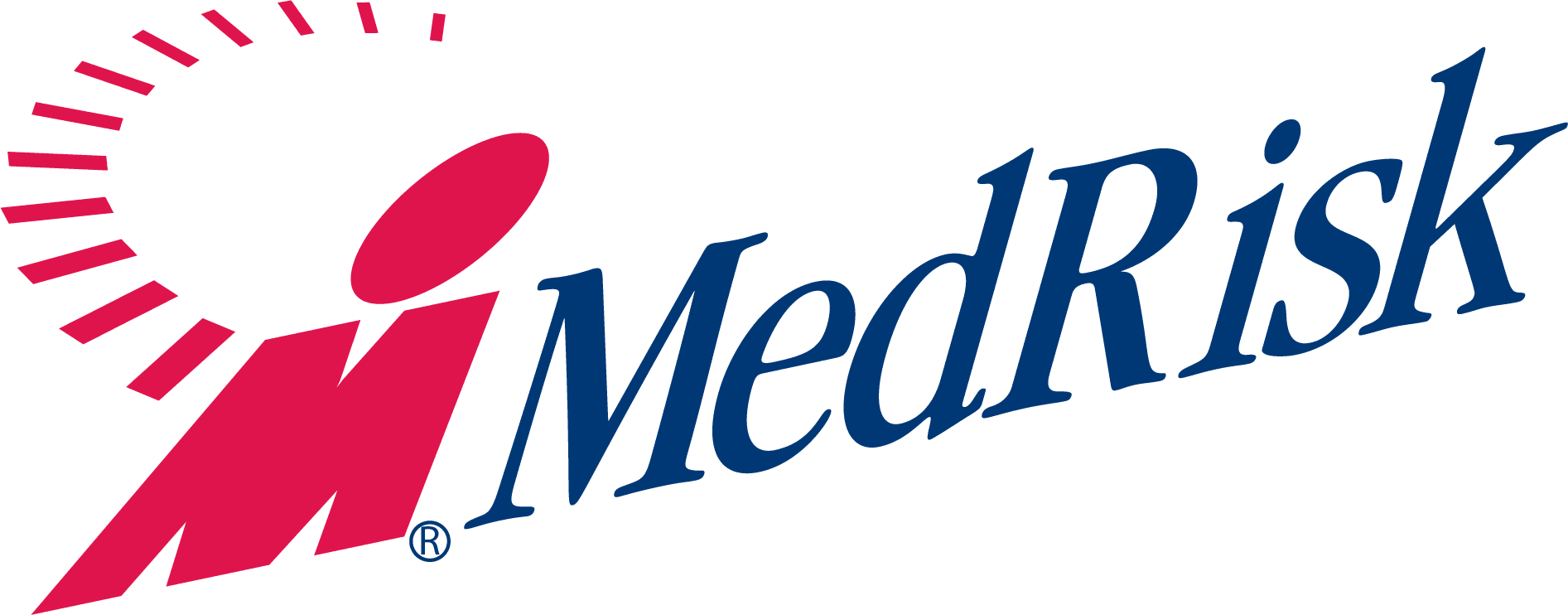Here is a summary of legislative and regulatory developments and challenges for the first quarter of 2022 and their practical implications:
Texas WC Network Regulation: In January, the Texas Division of Workers’ Compensation proposed revisions to existing WCN regulations, explaining that changes were needed to clarify the provisions and to implement legislative amendments to the Insurance Code. These proposed changes are extensive and bear attention of WC system participants.
Among the prominent proposed provisions are the following:
- Location and service type identification requirements for WCN participating providers have been made much more specific.
- Networks must give prior notice to TDI of any proposed change of ownership.
- Networks must give prior notice to TDI regarding modifications to network configurations involving telehealth services.
- Network contracts and subcontracts with providers must include a statement that a carrier contesting compensability may not deny payment prior to the issuance of a notice that the injury was not compensable.
- Carriers and employers must have a documented procedure for determining which is responsible for obtaining signed employee acknowledgements of the employer’s network participation as well as signed copies of the employee acknowledgements.
- By September 23, 2022, networks must have a documented credentialing process that meets NCQA or URAC standards.
- Networks may only use Texas-licensed doctors to perform in-network utilization reviews.
Implications: Payers, certified WCNs and specialty networks should review their policies and procedures in preparation for TDI’s enforcement efforts based on these proposed regulations.
California MPN Legislation: A once-onerous bill has been brought back to life, but in a much-diminished form. As originally proposed Assembly Bill 399 would have mandated that MPNs pay participating providers at California’s Official Medical Fee Schedule and would have prohibited negotiated rates below the regulatory fee. The measure would also would have restricted MPNs’ ability to review provider bills for mistakes, fraud and abuse. Through intense opposition by WC payers and employers, the bill was held in the Assembly Insurance Committee without being voted on and, as a consequence, is ineligible for further consideration until the next legislative session.
In January, a revised AB 399 was unanimously passed by the Assembly and sent to the Senate. In its current state, the measure merely requires payers to provide employees, within five business days of their request, with the MPN’s name and identification number. The payer may satisfy this requirement by providing the information in writing or an explanation of benefits or by posting the information on a website.
Implications: Through a concerted lobbying effort, the earlier version of AB 399 was converted into a reasonable provision giving employees timely and useful information. Without any discernable opposition, the measure is very likely to be enacted and signed into law.



